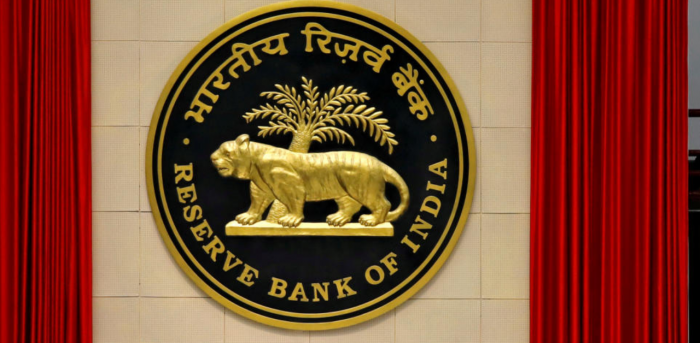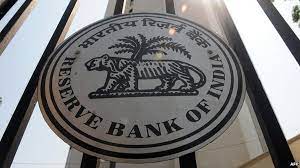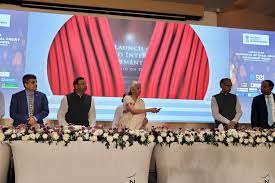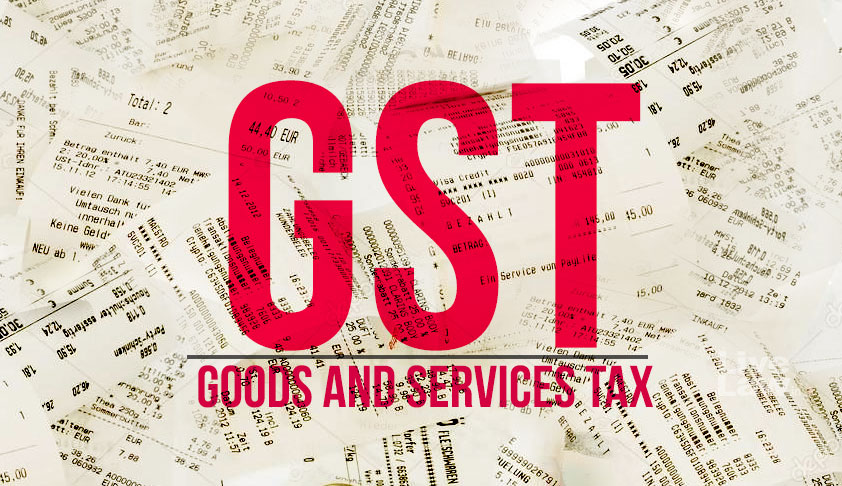Municipal corporations across India must explore ways to foster alternative and sustainable resource mobilisation through municipal bonds, says RBI
Fri 11 Nov 2022, 10:11:54

The Reserve Bank of India yesterday said that municipal corporations across India must explore ways to foster alternative and sustainable resource mobilisation through municipal bonds. In a report on Municipal Finances, RBI notes that even though the size of municipal budgets in India are much smaller than peers in other countries, revenues are dominated by property tax collections and devolution of taxes and grants from upper tiers of government, resulting in lack of financial autonomy.
Compiling and analysing budgetary data for 201 municipal corporations across all States, the RBI Report explores ‘Alternative Sources of Financing for Municipal Corporations’ as its theme. The report observes that municipal corporations rely on borrowings from banks and financial institutions and loans from Centre/State governments to finance their resource gaps in the absence of a well-developed market for municipal bonds.
Accordingly, RBI has said that municipal corporations should explore different innovative bond and land-based
financing mechanisms to augment their resources. Stating that land-based financing has remained a grossly taped avenue,
financing mechanisms to augment their resources. Stating that land-based financing has remained a grossly taped avenue,
RBI has suggested that municipal corporations should consider including vacant land tax; a two-part property tax with a higher rate for land than buildings; sharing of stamp duty, development impact fees; betterment and external betterment charges while approving layouts and building construction; and land monetisation.
The report says municipal corporations need to adopt sound and transparent accounting practices with proper monitoring and documentation of various receipts and expenditure items. Accordingly, they must enhance the gamut of e-services and work in close coordination with local communities.
The detailed report is available on RBI’s official website. With this being the first edition of such a report, RBI has requested readers and stakeholders to send their valuable comments and suggestions via post or email at deprfad@rbi.org.in
No Comments For This Post, Be first to write a Comment.
Most viewed from Business
AIMIM News
Delhi Assembly polls: Owaisi leads Padyatra in Okhla
Feb 01, 2025
We reject this Waqf Amendment Bill: Asaduddin Owaisi
Jan 30, 2025
Latest Urdu News
Most Viewed
May 26, 2020
Which team will win the ICC Men's Champions Trophy 2025 held in Pakistan/Dubai?
Latest Videos View All
Like Us
Home
About Us
Advertise With Us
All Polls
Epaper Archives
Privacy Policy
Contact Us
Download Etemaad App
© 2025 Etemaad Daily News, All Rights Reserved.






























